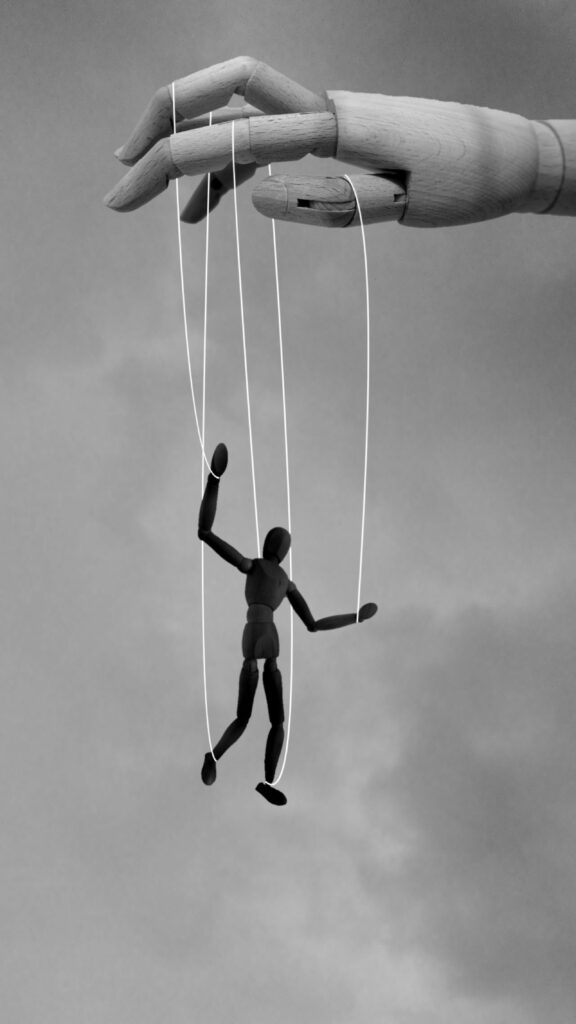It can be hard to know how to help a loved one who is experiencing domestic violence. That’s why during domestic violence awareness month this October, Options Domestic and Sexual Violence Services is dedicating time to sharing information for those who suspect someone in their life might need support.
A good start is to learn how to recognize signs of potential abuse. For instance, domestic violence can include physical or sexual violence, emotional abuse and intimidation, verbal abuse, isolation, and financial abuse. Abuse doesn’t always look obvious from the outside. You might notice a potentially abusive partner being controlling and jealous, attempting to isolate them from friends and family, insulting or demeaning them, attempting to prevent them from attending work or school, preventing them from making their own decisions, and threatening to harm them.
At the start of a new relationship, it’s not always easy to tell if it will later become abusive. In fact, many abusive people appear like perfect partners in the earliest stages of a relationship. Domestic violence warning signs don’t always appear overnight and may emerge and intensify as the relationship grows.
Every relationship is different and domestic violence doesn’t always look the same. However, one constant between all abusive relationships is an imbalance of power and control.
Some examples to look out for include:
- Hearing the potential abuser tell their partner that they never do anything right.
- Showing extreme jealousy of their friends or time spent away from them.
- Preventing or discouraging them from spending time with friends, family members, or peers.
- Insulting, demeaning, or shaming them, especially in front of other people.
- Preventing them from making their own decisions, including about working or attending school.
- Controlling finances in the household without discussion, including taking their money or refusing to provide money for necessary expenses.
- Pressuring them to have sex or perform sexual acts they’re not comfortable with.
- Pressuring them to use drugs or alcohol.
- Insulting their parenting or threatening to harm or take away their children or pets.
- Intimidating them with weapons like guns, knives, bats, or mace.
- Destroying their belongings or their home.
Someone in an abusive relationship may not feel that leaving that situation is an option for them, due to fear of further violence, worries over how this could affect others in their life, or grief over the loss of what they feel is an important relationship. They may also believe that the abuse is their fault or hope that the abuser will change.

Many survivors feel compelled to explain or excuse an abuser’s behavior because they feel like what is happening to them is their fault. It’s sometimes most helpful to tell them that you’re concerned about them and make sure they know help is available for them when they’re ready. If you’re curious about more reasons for why someone may stay in an abusive relationship, read our article with stories from two Northwest Kansas survivors of abuse.
What are some direct steps you can take to help someone experiencing abuse?
- Believe them.
Believing a survivor can empower them to heal and end the stigma around sexual assault. All it takes is saying “I believe you.”
- Develop a safety plan.
Help your friend or loved one to develop a safety plan that feels right to them, whether they stay or whether they leave.
- Help them find guidance.
Encourage them to talk to people who are compassionate and can provide help and guidance. It can be frustrating to see a friend or loved one struggle.
- Provide moral support.
Offer to go with them to talk to Options, a counselor, or other family members. If they have to go to the police, court, or a lawyer, offer to go along for moral support.
- Provide emotional support.
Accept that you cannot “rescue” them. Although it is difficult to see someone you care about get hurt, ultimately the person getting hurt must be the one to decide that they want to do something about it. It’s important for you to support them and help them find a way to safety and peace.
- Help them move forward.
Encourage your friend or loved one to participate in activities outside of the relationship. If they end the relationship, be supportive. Even though the relationship was abusive, they may still feel need time to mourn the relationship and will need your support.
- Don’t be conditional.
Remember that leaving an abusive relationship or seeking help are major steps. If the person you love makes the decision to stay in their relationship – continue to offer them support. Don’t deny them help or encouragement for not taking steps that you believe are correct. On average, it takes someone 7 attempts to fully leave an abusive relationship.
- Connect them with a service like Options.
Contact our 24-Hour Helpline at 800-794-4624 to talk with an advocate who can walk you through how to help your friend or loved one. Our staff is trauma informed and can help you and the abused person find hope and healing.
If you need any additional information, have a question, or a concern, feel free to reach out to Options at our 24-hour toll free helpline 800-794-4624. You can also reach an advocate via text by texting HOPE to 847411 or click 24-Hour Chat with Options.
Written by Anniston Weber




